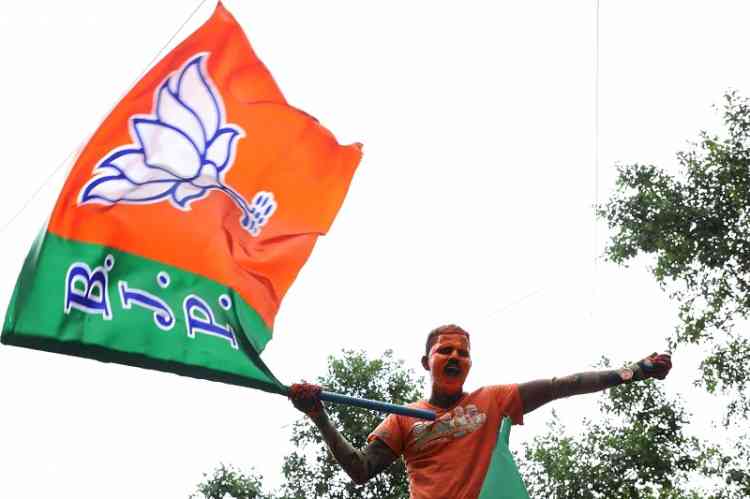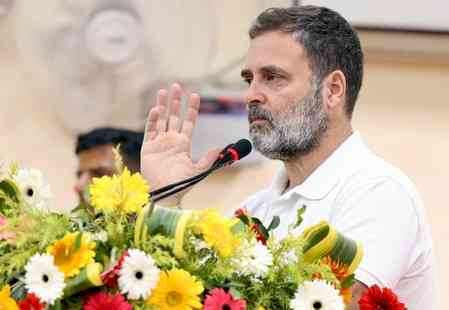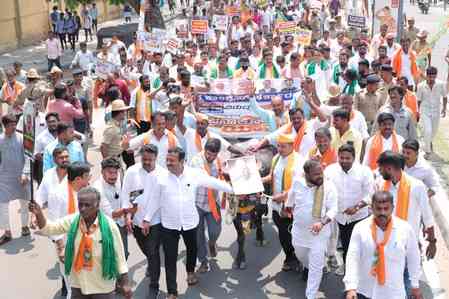BJP collecting feedback on response to 'Jan Ashirwad Yatra'

New Delhi, Sep 2 (IANS) With eye on state polls, the BJP is taking feedback on public response to the 'Jan Ashirwad Yatra' taken out by the newly inducted union ministers in their respective states.
It is learnt that the party's central leadership is collecting feedback on several parameters, which include public and workers' participation during the yatra.
"Party is collecting feedback on different parameters like people and workers participation, public opinion about government and party, awareness and reach of union and state government's schemes and others," a party insider said.
Sources said that along with reports from ministers about their yatra, party leadership is also collecting feedback from the state and the district units.
A BJP functionary pointed out that feedback collected from poll bound states will help the party draw its strategy accordingly.
"Ministers were also asked to have dialogue with people and know what they are thinking about the government. Based on feedback, polls strategy will be drawn to address the voters' concerns," he said.
Assembly polls in Uttar Pradesh, Uttarakhand, Punjab, Manipur and Goa will be held early next year.
The BJP is in power in four states -- Uttar Pradesh, Uttarakhand, Goa and Manipur, while the Congress is ruling in Punjab.
The yatra has also set the party's preparations in motion in the poll bound states, especially in Uttar Pradesh that has got maximum new ministers.
All the 39 newly inducted ministers in the union council had taken out 'Jan Ashirvad Yatra' in their respective states.
Together all 39 ministers had covered 19,567 kms, 212 Lok Sabha constituencies and 265 districts across 19 states.
The ministers had travelled three Lok Sabha and four districts of their home state before reaching their own constituency.
During the Yatra over 1,600 programmes were held which included visits to places of religious importance, addressing the public, overseeing the implementation of Centrally sponsored programmes and vaccination centres.
Sources said that during these programs, ministers had direct public interactions and the response collected from the people were submitted to central leadership.


 IANS
IANS 








